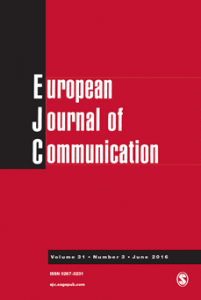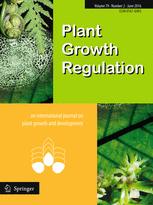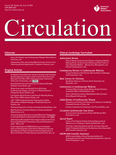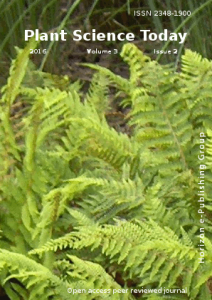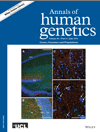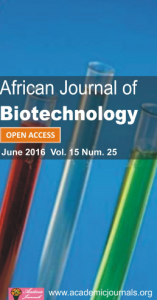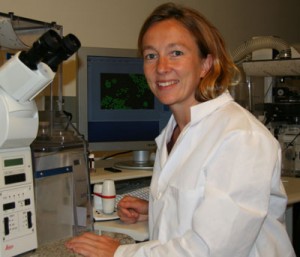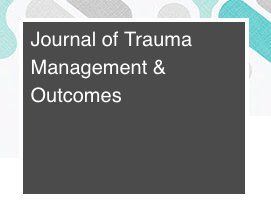 A paper on a filler for eye wrinkles did not disclose that it was funded by a pharmaceutical company that produces the cosmetic.
A paper on a filler for eye wrinkles did not disclose that it was funded by a pharmaceutical company that produces the cosmetic.
The paper explicitly noted that the authors do not have any financial conflicts of interest, and that a government program supported the study. According to the journal, a reader alerted them to the conflict of interest.
The cooperate tie wasn’t a secret, though — one of the authors was listed as affiliated with the company, Pharma Research Products, based in Korea.
Here’s the retraction notice for “A Phase III, Randomized, Double-Blind, Matched-Pairs, Active-Controlled Clinical Trial and Preclinical Animal Study to Compare the Durability, Efficacy and Safety between Polynucleotide Filler and Hyaluronic Acid Filler in the Correction of Crow’s Feet: A New Concept of Regenerative Filler:”
Continue reading Crow’s feet filler study omitted pharma funding, gets retracted
